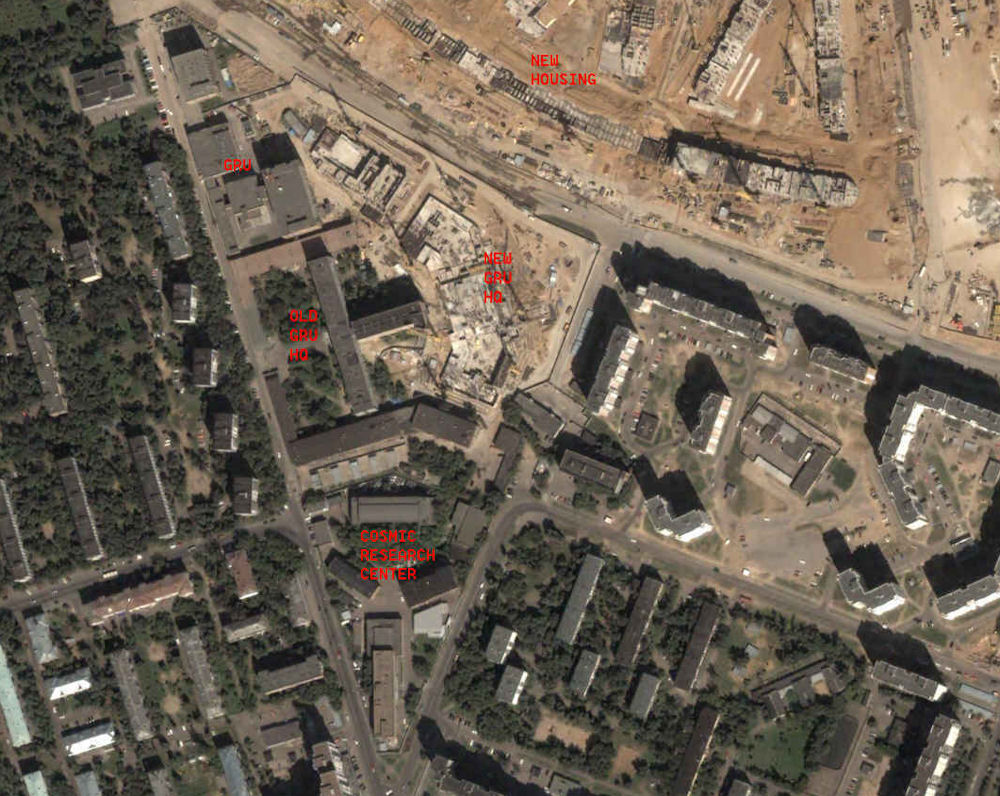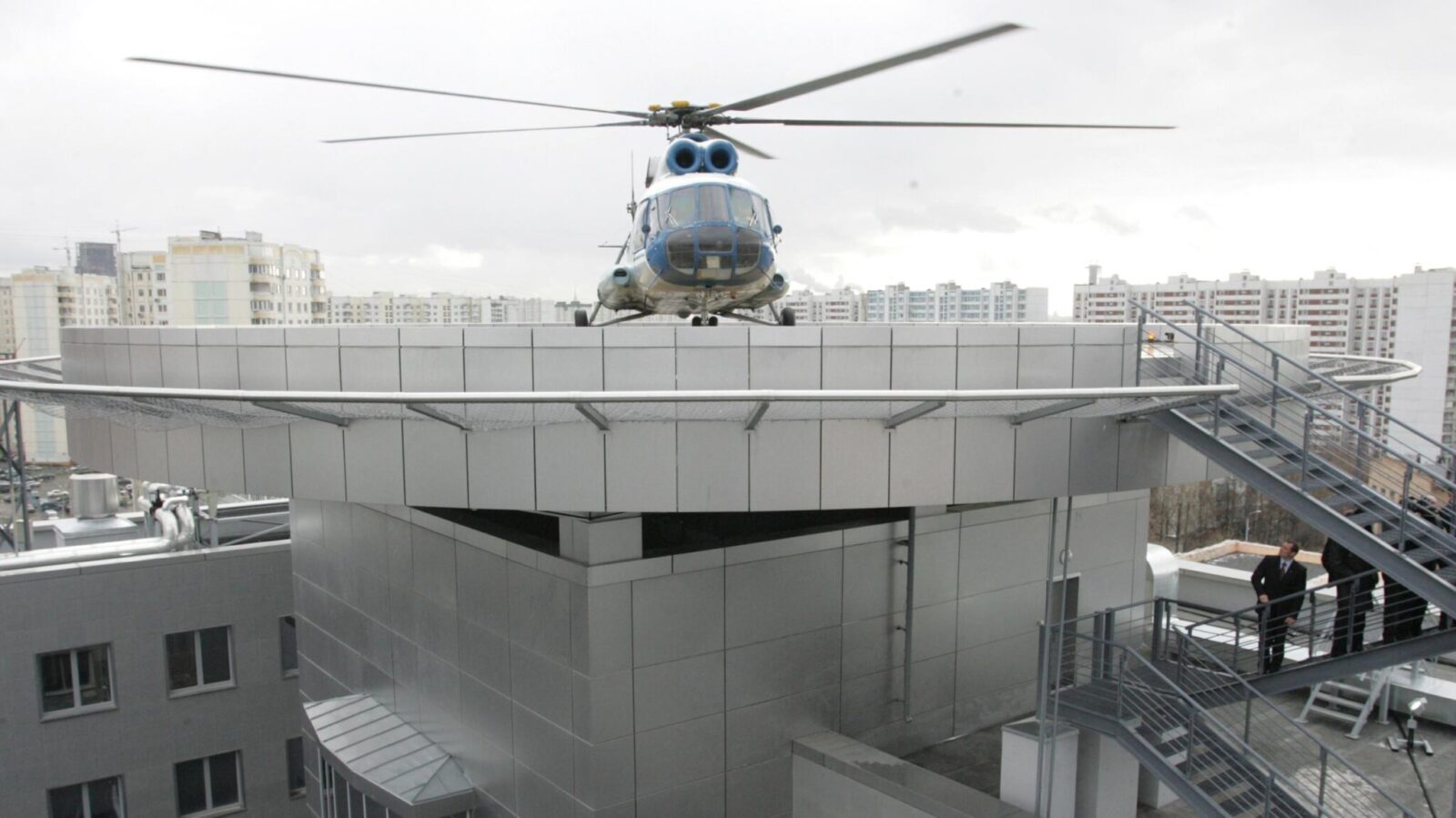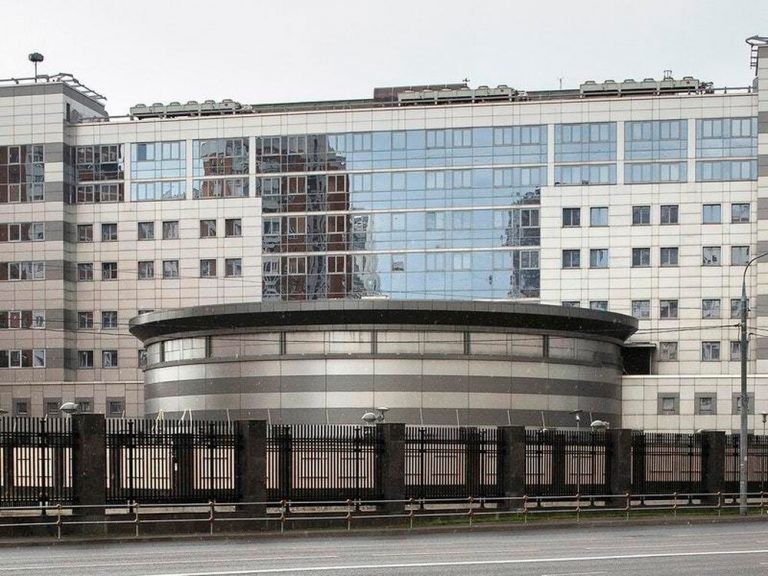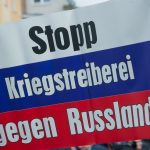Russian military intelligence has ramped up communications with agents in Germany in 2019. Such activity was observed only in 2011-2012, i.e., on the eve of the 2013 parliamentary elections, an analysis of publicly available radio intercepts indicates. Despite the fact that the content of the messages cannot be deciphered, having analyzed such parameters as the agent callsign, the Center’s broadcast date, broadcast time and transmission frequency it is possible to draw some conclusions about the work of Russia’s military intelligence in Germany.

So, it is likely that the sessions in October, 2019 were related to the tasking for the Turkish military operation in Syria. In February, – with the NATO Spring Storm exercises, the Donbass crisis issue, or avoiding blocking the Nord Stream-2.
The intercepts analysis indicates that work is in hand both with new agents and with those already involved in 2011-2014 radio intercepts. It is noteworthy that Russia’s military intelligence directorate has not changed the callsigns and radio-communication channels for some Russian agents in Germany for several years. So, 436 callsign has been working since at least 2011 on 4792 KHz channel despite the sessions’ content changed. This may speak for an extremely high level of the agent’s position and his considerable age.

The growing radio traffic activity of Russian military intelligence with sources in Germany in 2019 is an alarming signal indicating the increase in Russian intelligence activity in Western and Central Europe. This activity coincides with Russia’s military intelligence actions of political warfare in Europe, in particular Zalimkhan Khangoshvili’s assassination in Berlin, Russia’s military intelligence base revealed in the French Alps, the Nord Stream-2 project completion actively tracked through the Russian intelligence pipelines, and the Bundeswehr’s military preparedness data published, revealing the operational readiness restrictions of important combat systems.
The above examples of Russian intelligence communication with agents in Germany were unlikely to run parallel to the activities’ development. Features and peculiarities of radio traffic indicate a serious possibility of communication with the agents collecting confidential information and carrying out influence missions in the politics and economy.

Russian military intelligence is working more intensively on the territory of Germany than Russia’s foreign intelligence service (SVR) that works in the English-speaking segment more often, based on an array of radio interception data. This fact is most likely due to some difference in the use of communication channels between the Center and the military and political intelligence agencies of the Russian Federation.
Read also lansinginstitute.org analysis on Cuban intel radio interceptions.




